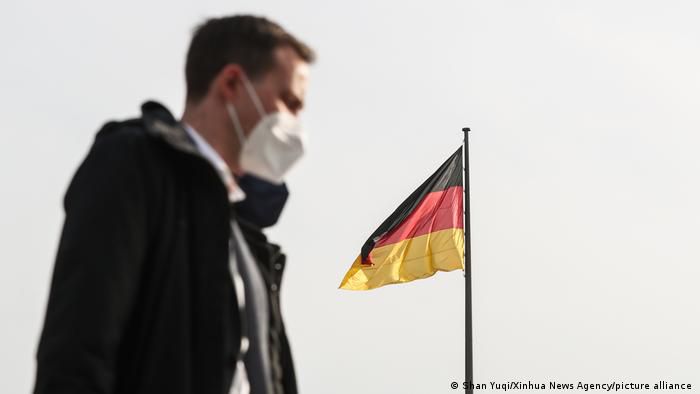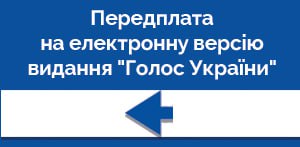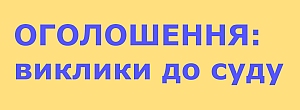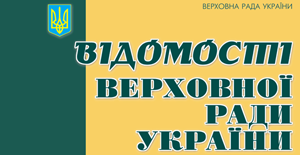Thus, Kuleba has posted in Twitter his comment on the latest statements and actions of the official Berlin which, in his opinion, do not comply with the level of Ukrainian-German relations and the current state of security in Europe. He referred to Germany’s refusal of arms deliveries to Ukraine, its hesitation over cutting off the Russian Federation from the SWIFT international payment system in the event of invasion, as well as comments on futility to return Crimea to Ukraine.
Now as never before, the united position of the West regarding Russia is of importance, Kuleba believes. Great efforts are made to restrain the Russian Federation. “German partners have to stop undermining our unity by their statements and actions that may encourage Vladimir Putin to launch a new attack on Ukraine,” the head of the Ukrainian Foreign Office stated.
At the same time, Kuleba stressed that Ukraine was thankful to Germany for its unwavering support since 2014 and diplomatic efforts to settle the Russian-Ukrainian conflict. In summing up, Kuleba nevertheless noted, “However, the current statements of Germany disappoint and run counter to their support and efforts.”
Thus, Foreign Minister Annalena Baerbock said the other day that to cut off Russia from SWIFT was not a good idea right now. Also, Germany refuses weapons deliveries to Ukraine so that it can defend itself against Russian aggression and even block NATO allies from transferring Germany-made arms to Ukraine. The American business daily The Wall Street Journal carried an article on January 21 saying that Germany refuses to permit Estonia to provide Ukraine with the Gemany-originated artillery.
On January 22, Vice Admiral Kay-Achim Schoenbach while on a visit to India made some remarks saying that Ukraine has lost Crimea permanently, that it should not be admitted to NATO and that Putin deserves respect.
The Foreign Office of Ukraine has demanded from the German government to publicly deny the remarks made by the commander of the navy forces. And the German Ambassador was immediately summoned to the Ukrainian Foreign Office.
And although the navy general declared later that his remarks about Crimea and NATO expansion were his personal opinion and not the official position of the Federal government and then stepped down, the Ukrainian Foreign Office nevertheless expressed “its deep disappointment” regarding the government’s decision not to provide defense weapons to Ukraine.
The Ukrainian diplomatic corps strongly believe that determination and solidarity of Ukraine and its partners to restrain destructive intentions of Russia are important today as never before. They stressed that “Ukraine hopes that in the future the Federal Republic of Germany will be more cooperative in supporting our state, particularly in issues of strengthening Ukraine’s defense capabilities in the face of a large-scale Russian invasion and will use other effective means of restraining to ensure security in Europe.”
In the opinion of Ukrainian Ambassador to Germany Andriy Melnyk, the statements of the German navy general call into question the authority and reliability of Germany as a partner not for Ukraine only. The ambassador stressed that Schoenbach’s remarks “have shocked the Ukrainian public” and have reminded them “the condescending treatment” during the Nazi occupation of their country.
Even less diplomatic with respect to the current position of Germany was British historian Mark Almond. In his article published in the newspaper Telegraph, he has noted that today it’s hard to say whether Germany is ready at all to support Ukraine in order to stop potential Russian invasion. Almond believes that its passiveness in the face of an approaching crisis means that Berlin is no longer the pivot of Europe but rather the power vacuum in its heart.
The newspaper Voice of Ukraine










